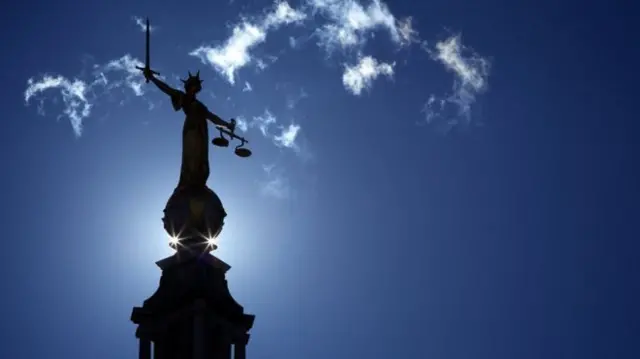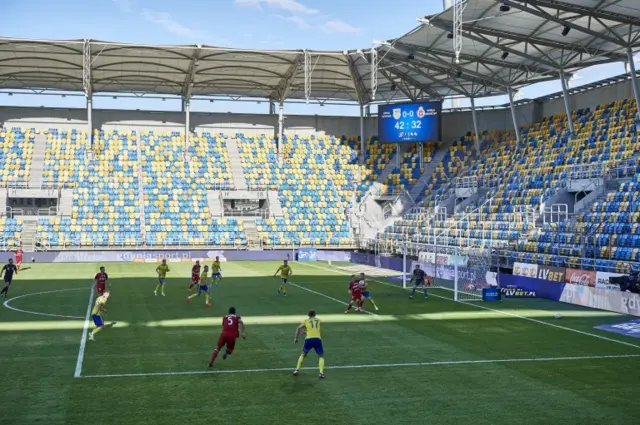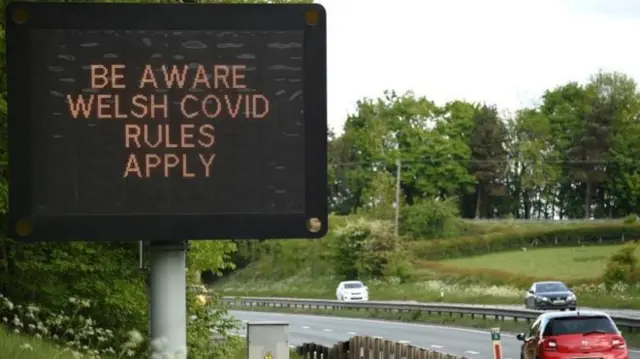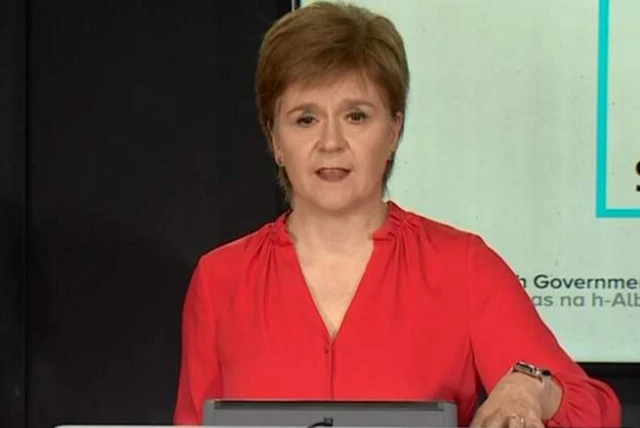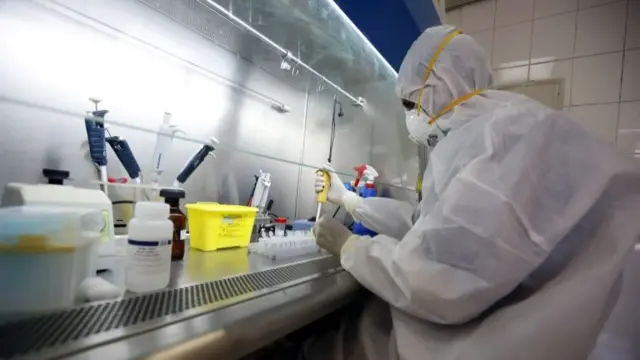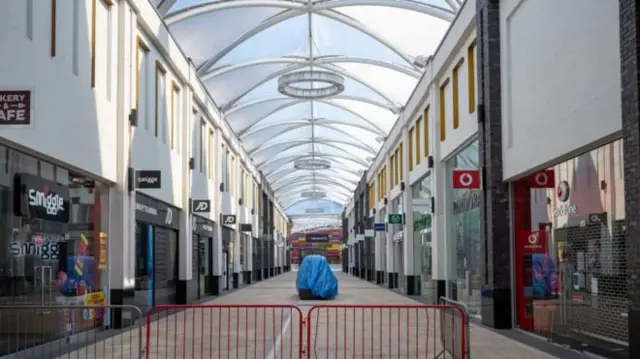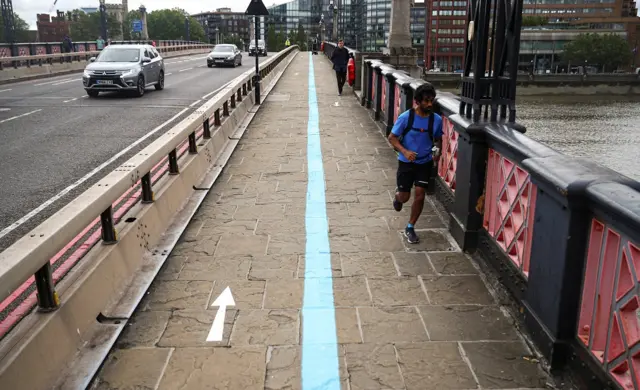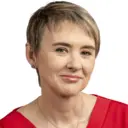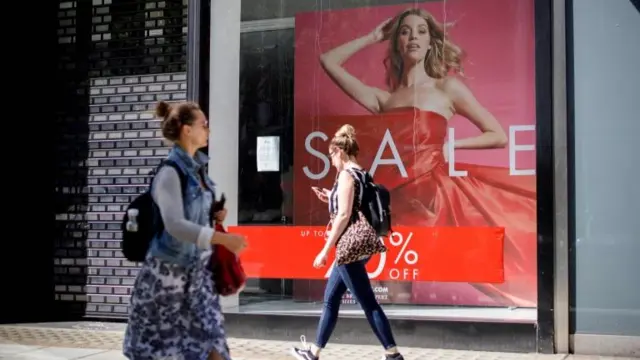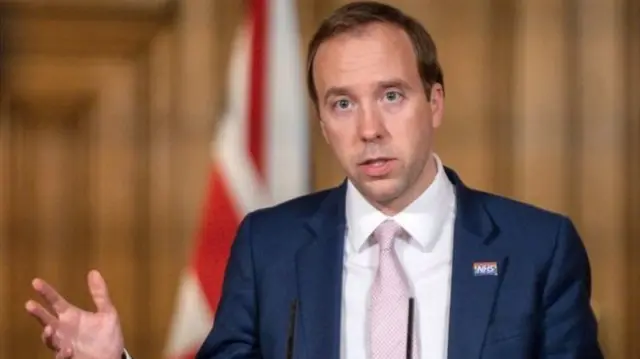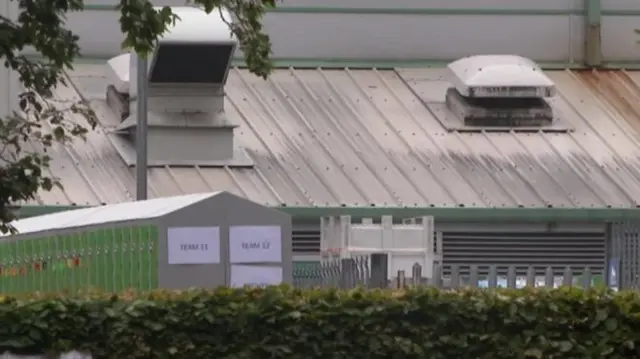Latest on tutoring fund for England's pupilspublished at 14:12 BST 19 June 2020
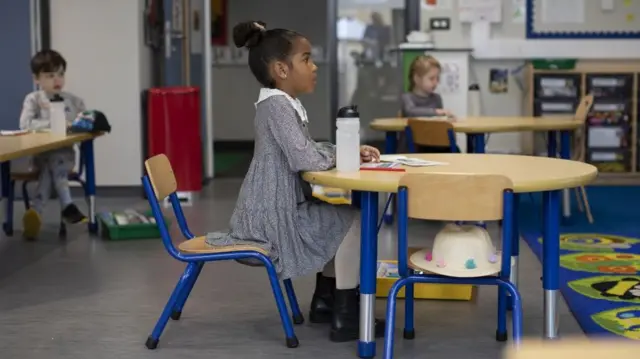 Image source, Getty Images
Image source, Getty ImagesOne of the big stories in the UK today is the government's plans to help children in England catch up on the school they've missed. The government has pledged £1bn to back tutoring for disadvantaged pupils plus extra one-to-one and group tuition in schools.
Head teachers have welcomed the funds, but said more details were needed.
Labour's shadow education secretary Rebecca Long-Bailey also said the plans "lack detail and appear to be a tiny fraction of the support" needed, calling for a "detailed national education plan to get children's education and health back on track".
Speaking during a school visit today, UK Prime Minister Boris Johnson said: "The funds are broken down so some of it is for schools to decide exactly what they want to spend on depending what their priority is.
"But the thing that I think really matters is to get some more direct tuition, some one-to-one tuition for pupils, pupils who need some remedial help perhaps who really need help because they have lost time... to learn over the last few months."

